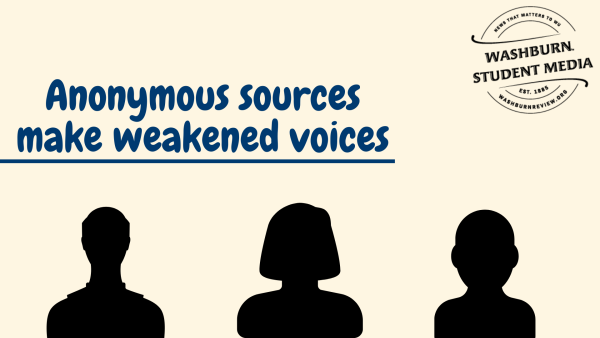How to read politics correctly
As anyone living in America during this campaign season can attest, the amount of media coverage in this presidential election has been overwhelming. Every news outlet has published at least a photo of Donald Trump’s hay bale hair, Bernie Sanders’s pit stains or Hillary Clinton’s signature pantsuit. Although occasionally humorous, many of the publications can be confusing or even frustrating when covering the election.
When reading or watching the news, notice how the candidates are talked about and take note of the words that describe them. The word “establishment” has been the buzzword for the duration of the election, and each candidate has fought to be, ironically, the “official” anti-establishment candidate.
By looking critically at the way the mainstream media has built the persona of each candidate, how they have constructed a cartoon character around the policies, you as a voter can have a better understanding of the actual person running for president. You can make an educated decision come November if you have shown due diligence in critical analysis of each policy proposal and claim that has been made.
This practice of critical analysis is especially important in elections such as the one we are living through now. Absorb the news in a new, fresh way. Watch the debates with a mindset of skepticism.
Does something seem too good to be true? It probably is. Did the candidate really answer the question, or did they pivot to a talking point of their own to satisfy the public relations manager whispering directives in their ear?
If you are like the vocal majority of the country, you are tired of the perceived systemic favoritism in election processes. This is demonstrated in the surprising group we are left with: Donald Trump, Hillary Clinton, and Bernie Sanders.
Some find these three options to be a depressing representation of voter fatigue. Some even attribute the success of some candidates, in particular Hillary Clinton, to backdoor funding tricks from the big and notoriously bad Wall Street. Do not let these emotions compel you to abstain from voting. You hold a vote with equal influence to every other American, regardless of whether you are feeling the Bern or trumpeting your belief of a border wall.
Yes, special interest groups can funnel campaign money. Can the money in those interest groups show up to the polls on election day? No, but you can. Your vote is worth more than the money in politics. Use your voice wisely, as it is priceless.
Cast your ballot knowing you are representing the values and morals you believe America holds. Peel away the mainstream, or in some cases “lamestream”, biases and facades perpetuated by certain news outlets. Read and study the candidates and come November you can safely say you have fulfilled your civic duty and overlooked the constructed personas of a tasteless Trump, a senile Sanders or a hair-sprayed Hillary.
Your donation will support the student journalists of Washburn University. Your contribution will allow us to purchase equipment and cover our annual website hosting costs.









